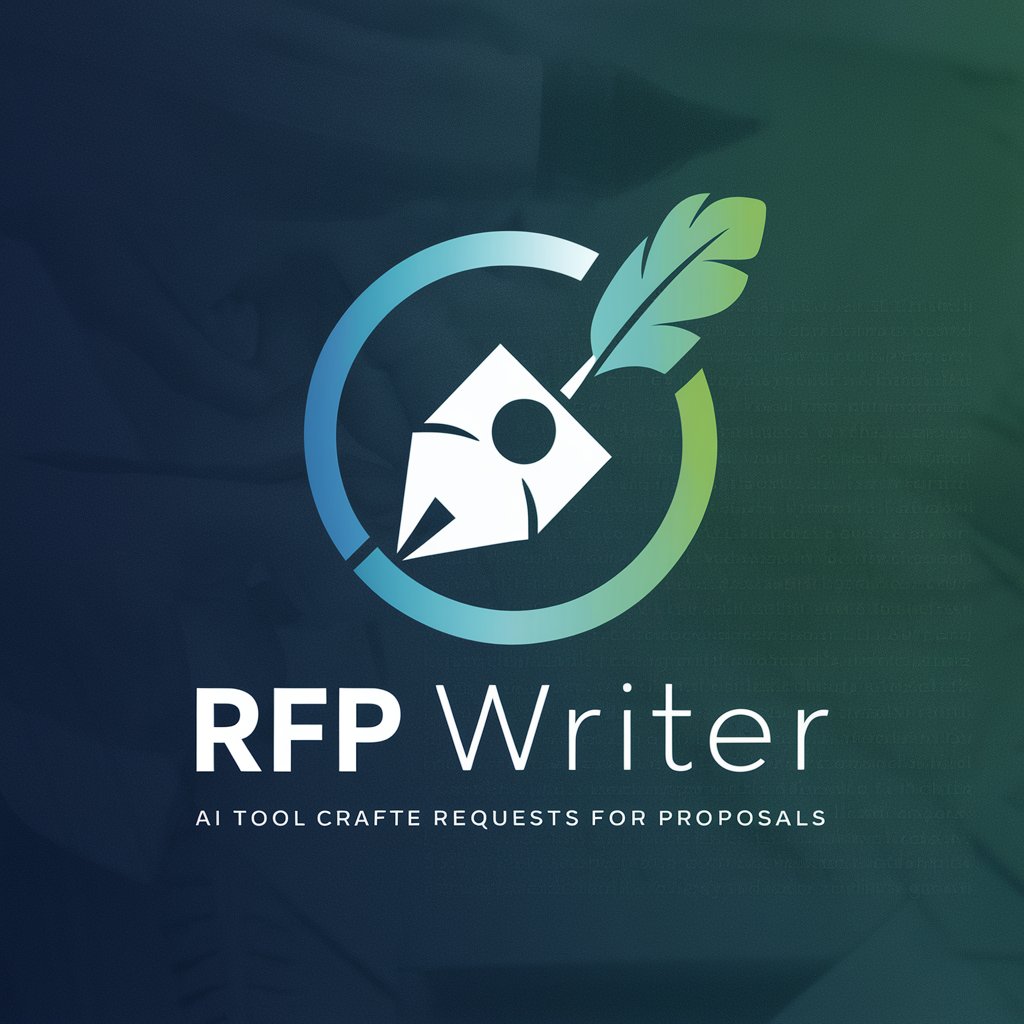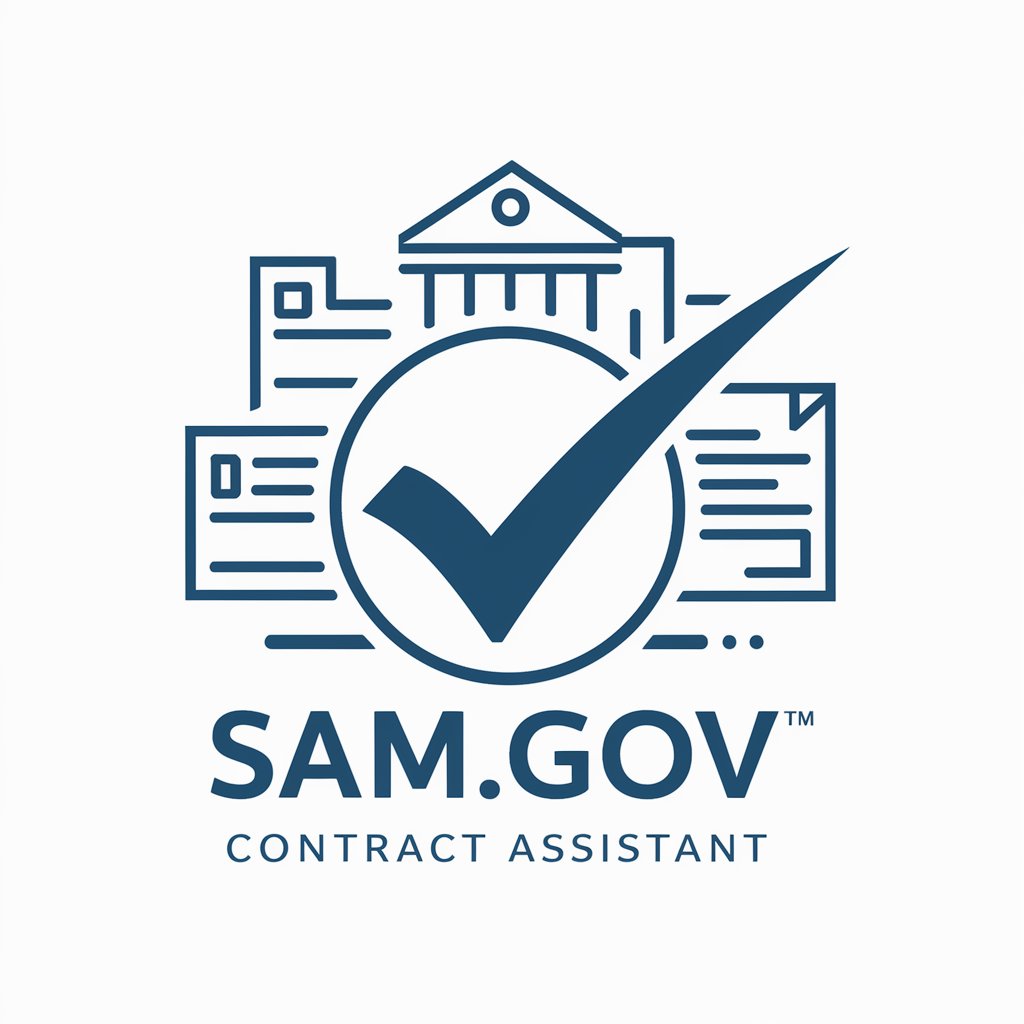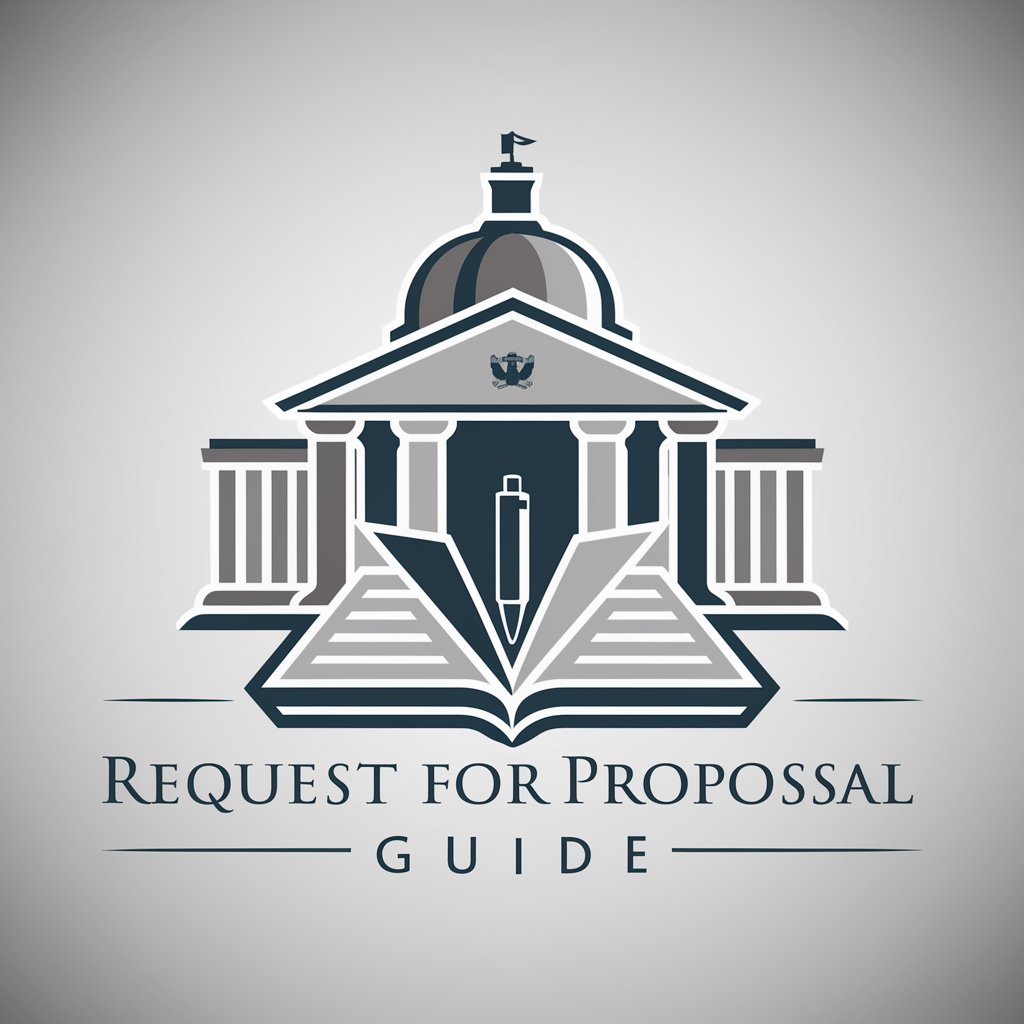6 GPTs for Government Procurement Powered by AI for Free of 2026
AI GPTs for Government Procurement are advanced artificial intelligence tools designed to streamline and enhance the efficiency of procurement processes within government entities. Utilizing Generative Pre-trained Transformers (GPTs), these tools offer tailored solutions to manage tasks ranging from document analysis, bid evaluation, to vendor communication and compliance checks. By leveraging natural language processing and machine learning, AI GPTs for Government Procurement enable public sector organizations to automate routine tasks, ensure regulatory compliance, and facilitate data-driven decision-making, thereby improving transparency and accountability in government procurements.
Top 6 GPTs for Government Procurement are: RFP Writer,SAM.gov Contract Assistant,CanadaBuys Tender Explorer,Bid Finder,Request For Proposal Guide,Ley 80 de 1993
RFP Writer
Streamlining RFP Creation with AI

SAM.gov Contract Assistant
Unlock Government Contracts with AI

CanadaBuys Tender Explorer
Empowering procurement with AI-driven insights

Bid Finder
Unlock Canadian bids with AI precision

Request For Proposal Guide
Streamlining RFP Responses with AI

Ley 80 de 1993
Empowering Compliance with AI-driven Insights

Key Attributes and Functions
AI GPTs for Government Procurement boast a variety of unique features tailored to meet the specific needs of the procurement process. These include advanced natural language understanding for parsing and analyzing procurement documents, automated bid evaluation systems that streamline vendor selection, and adaptive learning algorithms that improve over time with more data. Specialized capabilities also encompass technical support for procurement regulations, web searching for vendor verification, image creation for visualizing data, and comprehensive data analysis tools for market research and trend analysis. Their adaptability ranges from offering simple automated responses to complex predictive analytics, making them invaluable across various procurement activities.
Who Benefits from AI GPTs in Government Procurement?
AI GPTs for Government Procurement are designed for a broad audience, including procurement novices, experienced procurement professionals, policy makers, and software developers working within the public sector. These tools are accessible to individuals without programming skills, offering intuitive interfaces for everyday tasks, while also providing powerful customization options for those with coding expertise. This dual approach ensures that a wide range of users can leverage these tools to enhance procurement efficiency, compliance, and transparency.
Try Our other AI GPTs tools for Free
Technology Services
Discover how AI GPTs revolutionize Technology Services with tailored solutions, enhancing efficiency and innovation across various tech domains.
Construction Projects
Discover how AI GPTs revolutionize construction projects with tailored solutions for planning, management, and execution, enhancing efficiency and reducing risks.
Educational Programs
Discover how AI GPTs for Educational Programs are transforming learning with personalized, interactive tools designed to enhance educational content and experiences.
Healthcare Services
Discover how AI GPTs are transforming Healthcare Services with advanced natural language processing, data analysis, and personalized care solutions.
Video Game Development
Explore how AI GPTs revolutionize video game development, offering tools from narrative generation to asset creation, accessible to all skill levels.
Logic Error Resolution
Explore AI GPTs tools tailored for Logic Error Resolution, offering innovative solutions for debugging, error correction, and logical problem solving across various domains.
Enhanced Solutions Through Customization
AI GPTs serve as customizable solutions across various sectors of government procurement, offering user-friendly interfaces and the ability to integrate with existing systems or workflows. Their versatility in adapting to specific tasks and regulations highlights their role in enhancing procurement processes, ensuring they meet the dynamic needs of the public sector efficiently and effectively.
Frequently Asked Questions
What are AI GPTs for Government Procurement?
AI GPTs for Government Procurement are specialized AI tools designed to assist with the procurement process in government sectors, utilizing natural language processing and machine learning to automate and optimize tasks.
How can AI GPTs improve government procurement processes?
They streamline document analysis, automate bid evaluations, enhance vendor communication, ensure compliance, and facilitate data-driven decision making, significantly improving efficiency and transparency.
Who can use these AI GPT tools?
They are suitable for procurement novices, professionals, policy makers, and developers in the public sector, with features accessible to both non-coders and those with programming skills.
Do these tools require programming knowledge?
No, AI GPTs for Government Procurement are designed with user-friendly interfaces that do not require programming knowledge for basic functions, though programming skills can unlock further customization.
Can AI GPTs integrate with existing procurement systems?
Yes, many AI GPTs are designed to be flexible and can integrate with existing procurement systems, enhancing their functionality without disrupting current workflows.
How do AI GPTs handle data security and privacy?
AI GPTs employ advanced security measures, including encryption and compliance with data protection regulations, to ensure the confidentiality and integrity of government procurement data.
Can AI GPTs adapt to specific procurement regulations?
Yes, these tools can be tailored to comply with specific procurement regulations and policies, ensuring that all processes meet legal standards.
What are the limitations of AI GPTs in government procurement?
While highly efficient, AI GPTs may require ongoing training to adapt to new regulations and cannot replace human judgment in certain complex decision-making processes.